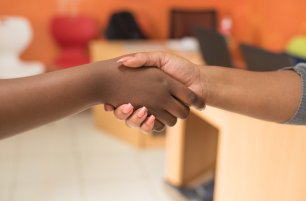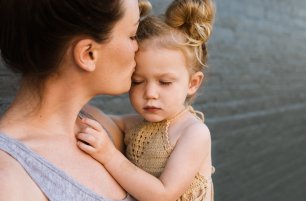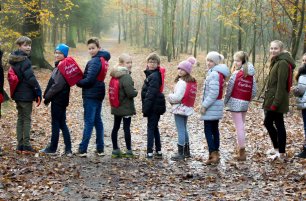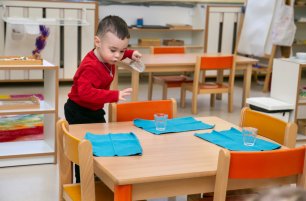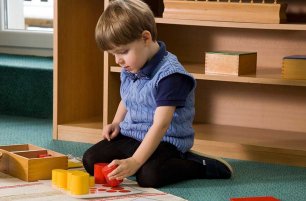IMSP PODCAST: MEET ALUMNUS Jonáš Zapletal
“The thing that IMSP really contributed the most to me would be developing my curiosity. Just, letting me as a kid explore my own world in my own way,“

On this week’s edition of the IMSP podcast, Mariana catches up with alumni Jonas Zapletal. Born and raised in the Czech Republic, Jonas is now completing a bachelor's degree in behavioral science while living abroad in Madrid. Empowered by the freedom and independence he gained during his time at IMSP, Jonas is confidently taking on new challenges.
Twenty years ago, IMSP opened its door for the first time. This podcast series follows Mariana Bečková — IMSP alumna and graduate of the program — as she shines a light on her fellow Montessori graduates. Celebrating our 20th anniversary, we are taking time to reflect with students who have been with us along the way. Tune in and learn more about their experience in the IMSP classroom and what Montessori means for them today.
